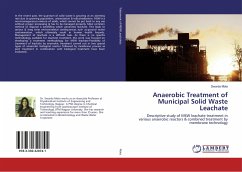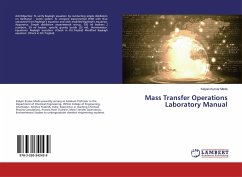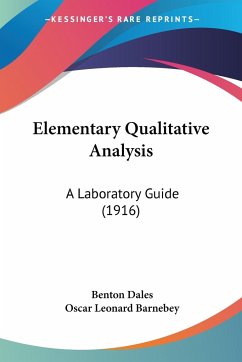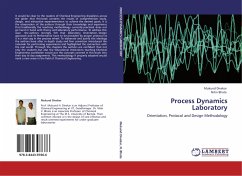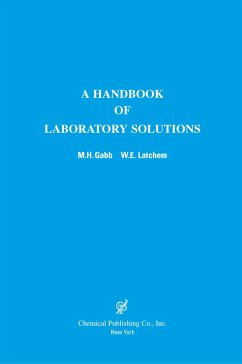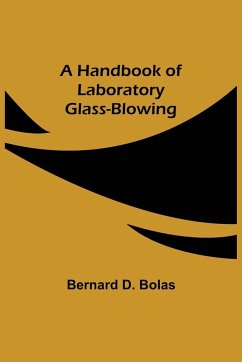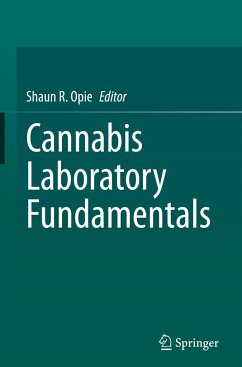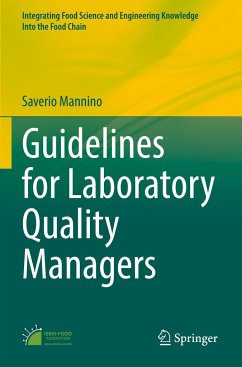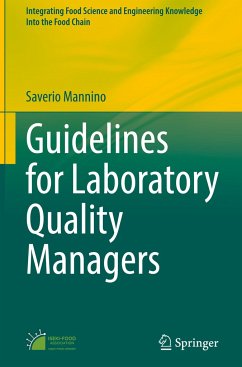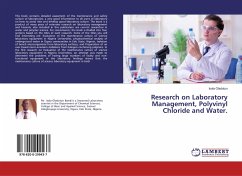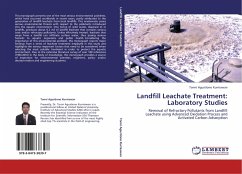
Landfill Leachate Treatment: Laboratory Studies
Removal of Refractory Pollutants from Landfill Leachate using Advanced Oxidation Process and Activated Carbon Adsorption
Versandkostenfrei!
Versandfertig in 6-10 Tagen
39,99 €
inkl. MwSt.

PAYBACK Punkte
20 °P sammeln!
This monograph presents one of the most serious environmental problems, which have occurred worldwide in recent years, partly attributed to the generation of landfill leachate from local landfills. This wastewater poses serious environmental threats with respect to the pollutants introduced into the aquatic environment. One tonne of solid waste, disposed of in landfills, produces about 0.2 m3 of landfill leachate that contains various toxic and/or refractory pollutants. Unless effectively treated, leachate that seeps from a landfill can infiltrate surface water, thus posing serious hazards to ...
This monograph presents one of the most serious environmental problems, which have occurred worldwide in recent years, partly attributed to the generation of landfill leachate from local landfills. This wastewater poses serious environmental threats with respect to the pollutants introduced into the aquatic environment. One tonne of solid waste, disposed of in landfills, produces about 0.2 m3 of landfill leachate that contains various toxic and/or refractory pollutants. Unless effectively treated, leachate that seeps from a landfill can infiltrate surface water, thus posing serious hazards to aquatic organisms and public health. Considering the importance of this environmental problem, this monograph reports major findings from a series of leachate treatment employed in this study and highlights the various important factors that need to be considered when selecting the most suitable treatment in order to protect the aquatic environment. Due to the extensive literature survey of over 180 references (1963-2010) in the body of knowledge, this monograph provides a source of inspiration for environmental scientists, engineers, policy- and/or decision-makers and engineering students.



